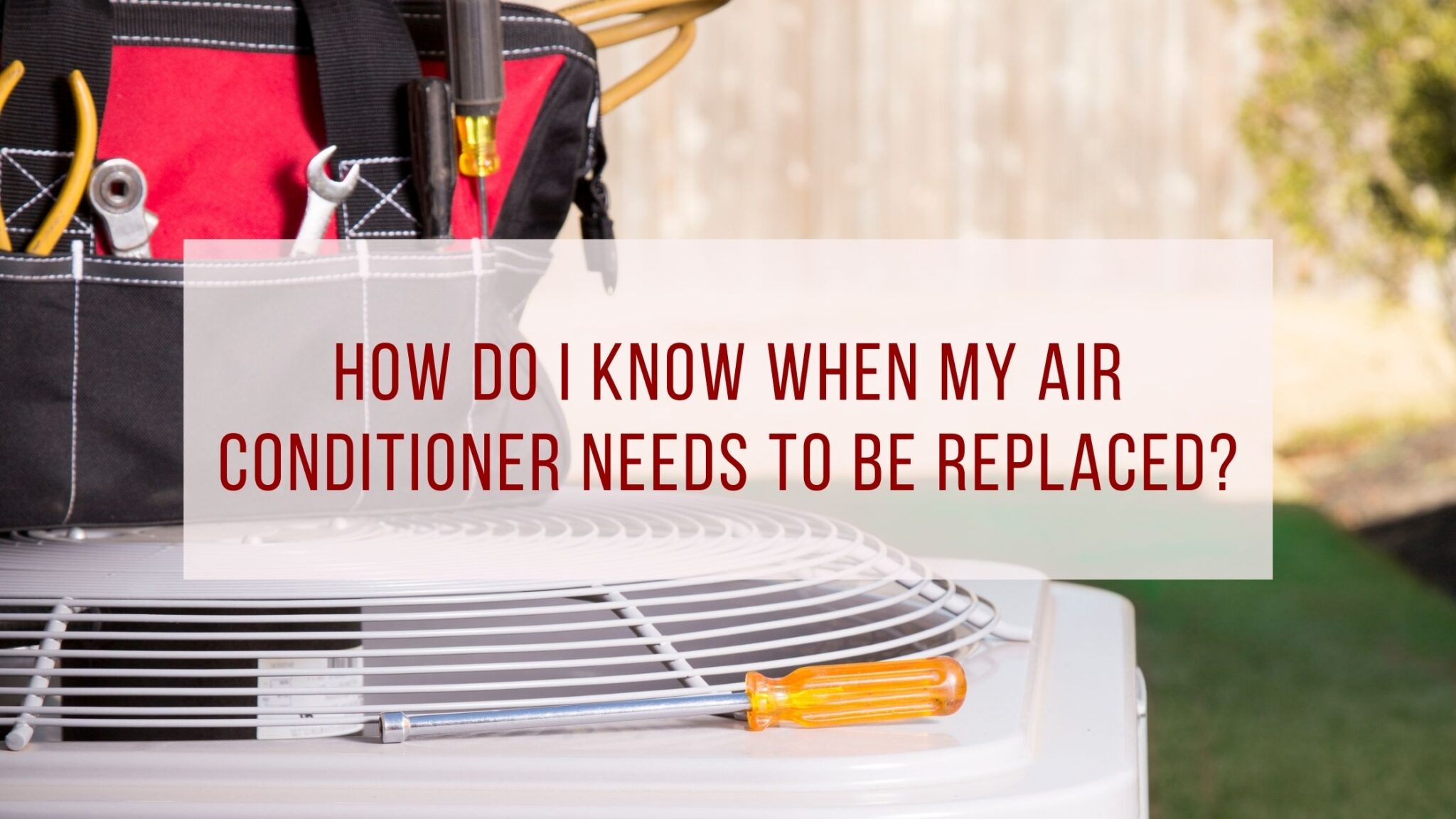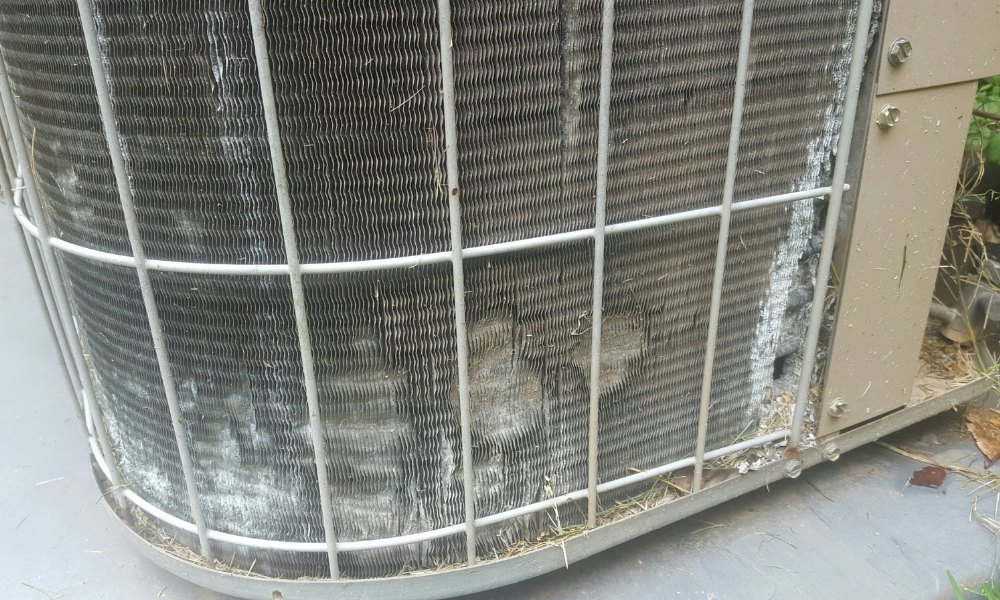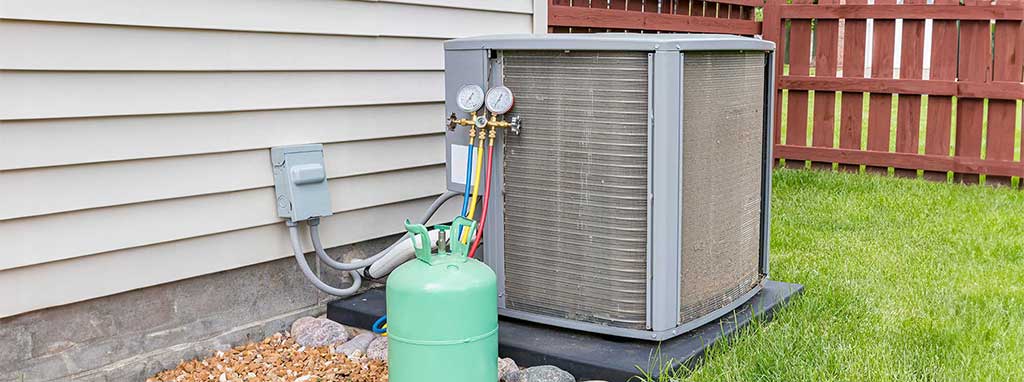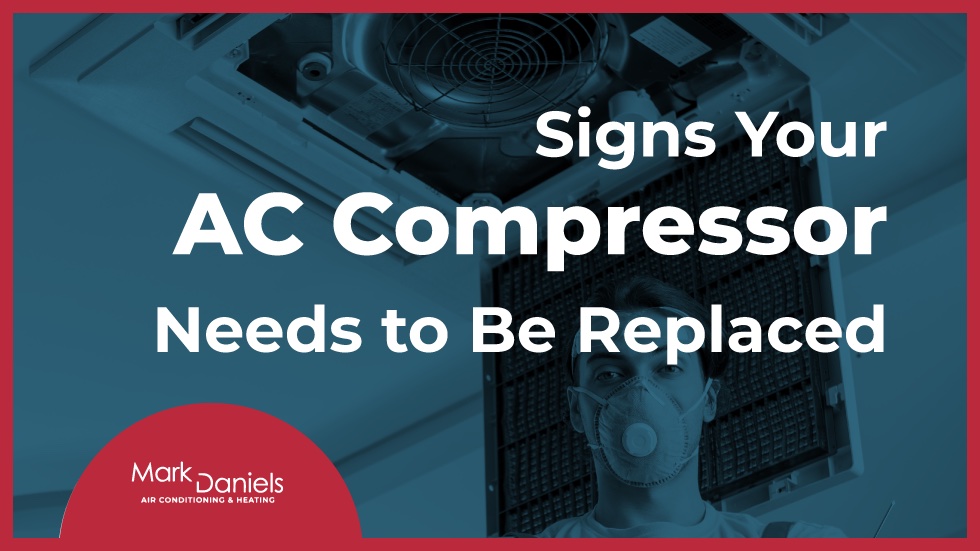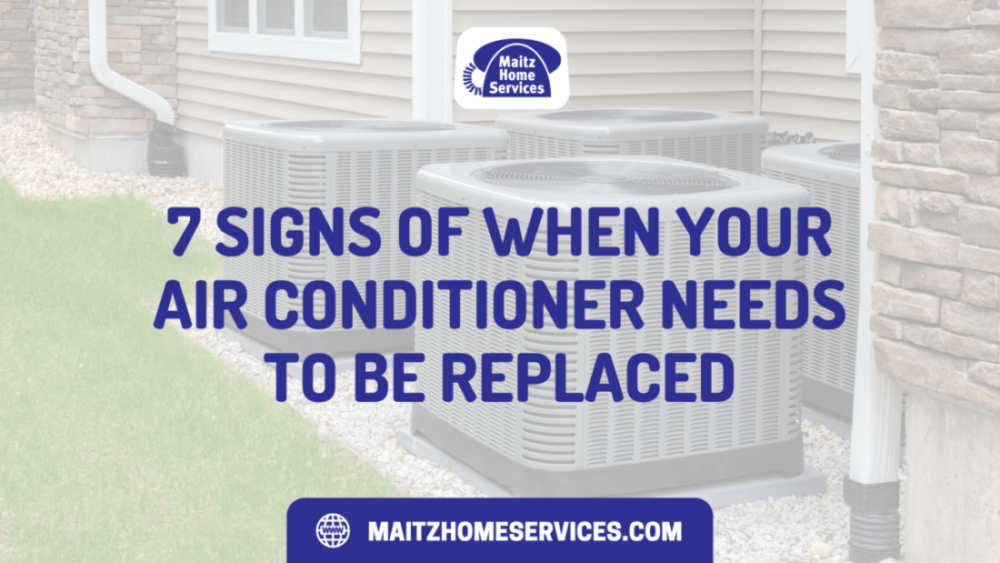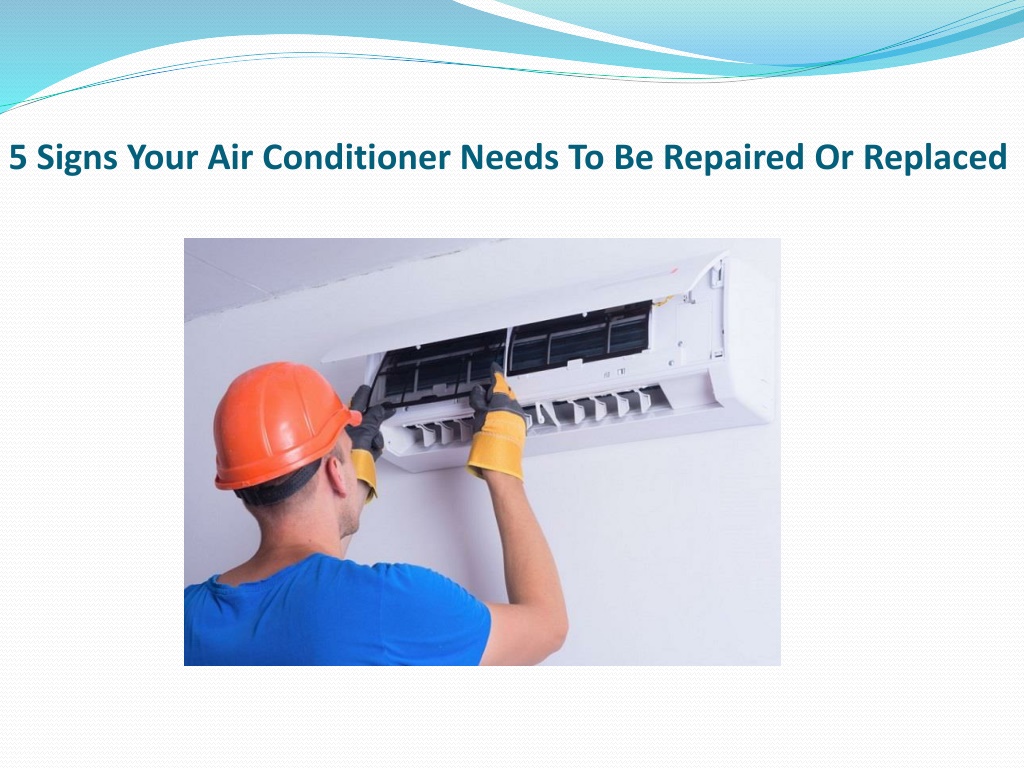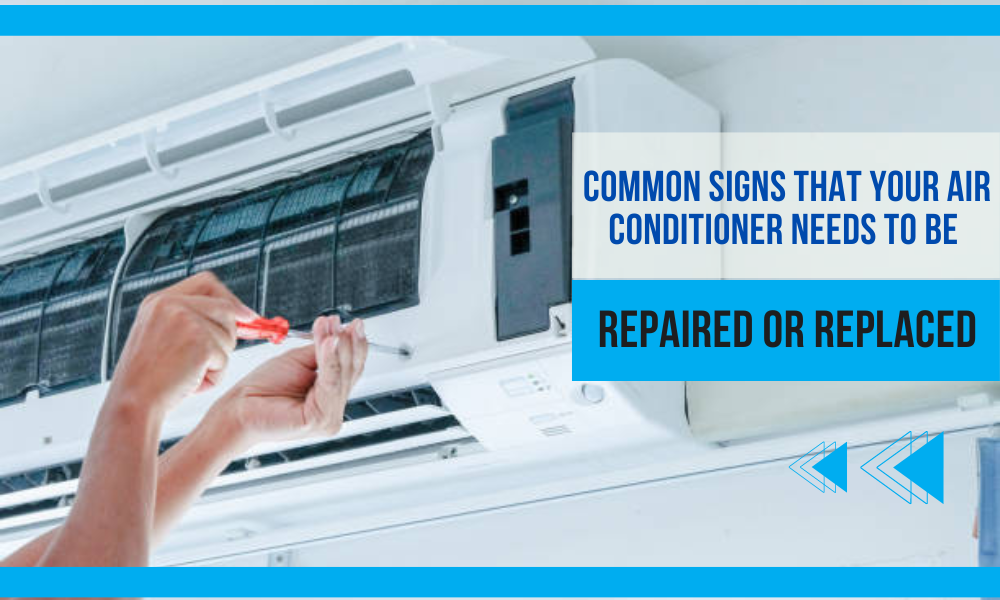How Often Does An Ac Need To Be Replaced
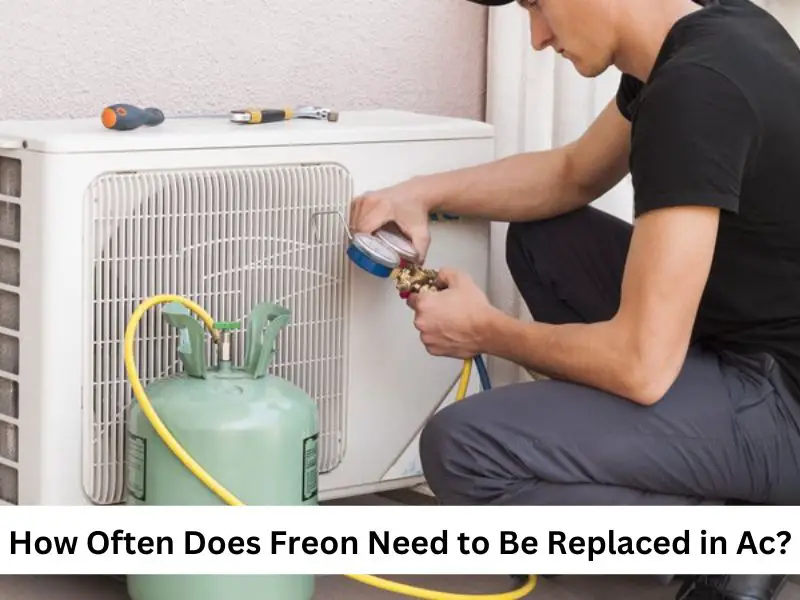
Understanding the Lifespan of Your Air Conditioner
As a homeowner, facility manager, or HVAC technician, understanding the lifespan of an air conditioning system is crucial for budgeting, planning maintenance, and making informed decisions about replacements. Air conditioners aren't designed to last forever; wear and tear, technological advancements, and changing energy efficiency standards all contribute to their eventual obsolescence. This article explores the factors influencing AC lifespan, typical timelines, and indicators that suggest it's time for a replacement.
Typical AC Lifespan: What to Expect
On average, a well-maintained central air conditioning system will last between 15 and 20 years. However, this is just an average. Several factors can either shorten or extend this lifespan. Ductless mini-split systems often have a slightly shorter lifespan, averaging around 15 years, due to the complexities of their design and installation. Window units, being less sophisticated, can sometimes last longer if properly cared for, often exceeding 10 years.
The type of usage plays a significant role. An AC unit in a mild climate, where it's only used a few months out of the year, will naturally last longer than one in a hot, humid climate like Florida or Arizona, where it runs almost constantly. Similarly, commercial units in buildings with high occupancy and around-the-clock operation will likely have a shorter lifespan due to the increased demand.
Key Factors Influencing AC Longevity
Several key elements contribute to how long your air conditioner lasts. Addressing these factors proactively can extend your system's life and reduce the need for premature replacement.
Maintenance: The Cornerstone of Longevity
Regular maintenance is arguably the most important factor influencing AC lifespan. A neglected unit will inevitably fail sooner than one that's properly cared for. This includes:
- Regular Filter Changes: Dirty air filters restrict airflow, causing the unit to work harder and overheat. Replace disposable filters every 1-3 months, depending on usage and air quality.
- Coil Cleaning: The evaporator and condenser coils can become coated with dirt and debris, reducing their ability to transfer heat. Schedule professional coil cleaning at least once a year.
- Annual Professional Tune-Ups: A qualified HVAC technician can inspect the system, check refrigerant levels, lubricate moving parts, and identify potential problems before they escalate into major repairs.
- Ductwork Inspection: Leaky or poorly insulated ductwork can significantly reduce efficiency and strain the AC unit. Sealing and insulating ducts can improve performance and extend lifespan.
Neglecting these maintenance tasks is like skipping oil changes in your car—it may seem harmless in the short term, but it will eventually lead to costly repairs and premature failure.
Climate and Usage: Impact on Wear and Tear
As mentioned earlier, climate significantly impacts AC lifespan. In hot climates, the unit runs more frequently and for longer durations, leading to increased wear and tear on components like the compressor, fan motor, and capacitors. Similarly, in areas with high humidity, the system works harder to dehumidify the air, further stressing its components. Buildings with poor insulation will also force the AC unit to work harder, reducing its lifespan.
Installation Quality: Setting the Foundation
A properly installed AC system is crucial for optimal performance and longevity. An incorrectly sized unit, improper refrigerant charge, or poorly installed ductwork can all lead to problems down the road. Always hire a qualified and experienced HVAC contractor for installation. Obtain multiple quotes, check references, and ensure they are licensed and insured.
AC Quality and Brand: Investing in Reliability
The quality of the AC unit itself also plays a role in its lifespan. While all manufacturers must meet minimum efficiency standards, some brands are known for their superior build quality, durable components, and innovative features. Research different brands, read reviews, and consider investing in a higher-quality unit. While it may cost more upfront, it can save you money in the long run through reduced repairs and a longer lifespan.
Signs It's Time to Replace Your AC
Even with proper maintenance, air conditioners eventually reach the end of their useful life. Here are some telltale signs that it's time to consider a replacement:
Age: The Obvious Indicator
If your AC unit is 15 years or older, it's likely nearing the end of its lifespan. Even if it's still functioning, its efficiency will have declined significantly compared to newer models. Replacing an older unit with a high-efficiency model can result in substantial energy savings.
Frequent Repairs: A Costly Cycle
If you find yourself calling an HVAC technician frequently for repairs, it may be more cost-effective to replace the unit. As AC systems age, parts become harder to find and more expensive. A general rule of thumb is that if the cost of repairs exceeds 50% of the cost of a new unit, it's time to replace it.
Decreased Efficiency: Rising Energy Bills
If your energy bills have been steadily increasing despite consistent usage, it could be a sign that your AC unit is losing efficiency. Older units consume significantly more energy than newer models with higher SEER (Seasonal Energy Efficiency Ratio) ratings. Replacing an older unit with a high-efficiency model can significantly reduce your energy consumption and lower your monthly bills.
Inconsistent Cooling: Hot and Cold Spots
If your AC unit is struggling to maintain a consistent temperature throughout your home, it could be a sign of a failing compressor or other internal problems. Inconsistent cooling can lead to uncomfortable hot and cold spots and indicate that the unit is no longer able to effectively cool your space.
Strange Noises: Warning Signs of Component Failure
Unusual noises, such as banging, grinding, or squealing, can indicate that a component is failing. Ignoring these noises can lead to further damage and eventually cause the unit to break down completely.
Refrigerant Leaks: Environmental and Health Concerns
Refrigerant leaks are a serious problem that can affect the AC unit's performance, damage the environment, and even pose health risks. If you suspect a refrigerant leak, contact a qualified HVAC technician immediately. Repeatedly recharging a system with refrigerant indicates a leak that needs to be addressed and may warrant replacement.
The Cost of Replacement vs. Repair
Deciding whether to repair or replace an AC unit can be a difficult decision. Consider the following factors:
- Age of the Unit: Older units are generally more prone to breakdowns and less efficient.
- Repair Costs: Obtain estimates for the necessary repairs and compare them to the cost of a new unit.
- Energy Savings: Calculate the potential energy savings from a high-efficiency replacement unit.
- Warranty: Check the warranty coverage on your existing unit and any potential replacement units.
In many cases, replacing an older, inefficient unit with a newer, high-efficiency model will save you money in the long run through reduced energy bills and fewer repairs.
Understanding SEER Ratings and Energy Efficiency
The SEER rating is a measure of an air conditioner's energy efficiency. The higher the SEER rating, the more efficient the unit. Modern air conditioners must have a SEER rating of at least 14 in most regions of the United States. Replacing an older unit with a high-SEER model can significantly reduce your energy consumption and lower your monthly bills. Look for Energy Star certified models for maximum energy efficiency.
Consider upgrading to a more energy-efficient unit even if your current system is still working. The long-term savings on energy bills can often offset the initial cost of the replacement. Government rebates and tax credits may also be available to help offset the cost of upgrading to a high-efficiency system.
Making the Right Decision
Ultimately, the decision of whether to repair or replace your AC unit is a personal one that depends on your individual circumstances. Consult with a qualified HVAC technician to assess your system and provide recommendations based on your needs and budget. Carefully weigh the costs and benefits of each option before making a final decision. Investing in a high-quality, energy-efficient AC system can provide years of reliable cooling and save you money on energy bills. Remember to prioritize regular maintenance to extend the life of your AC unit and ensure optimal performance.
